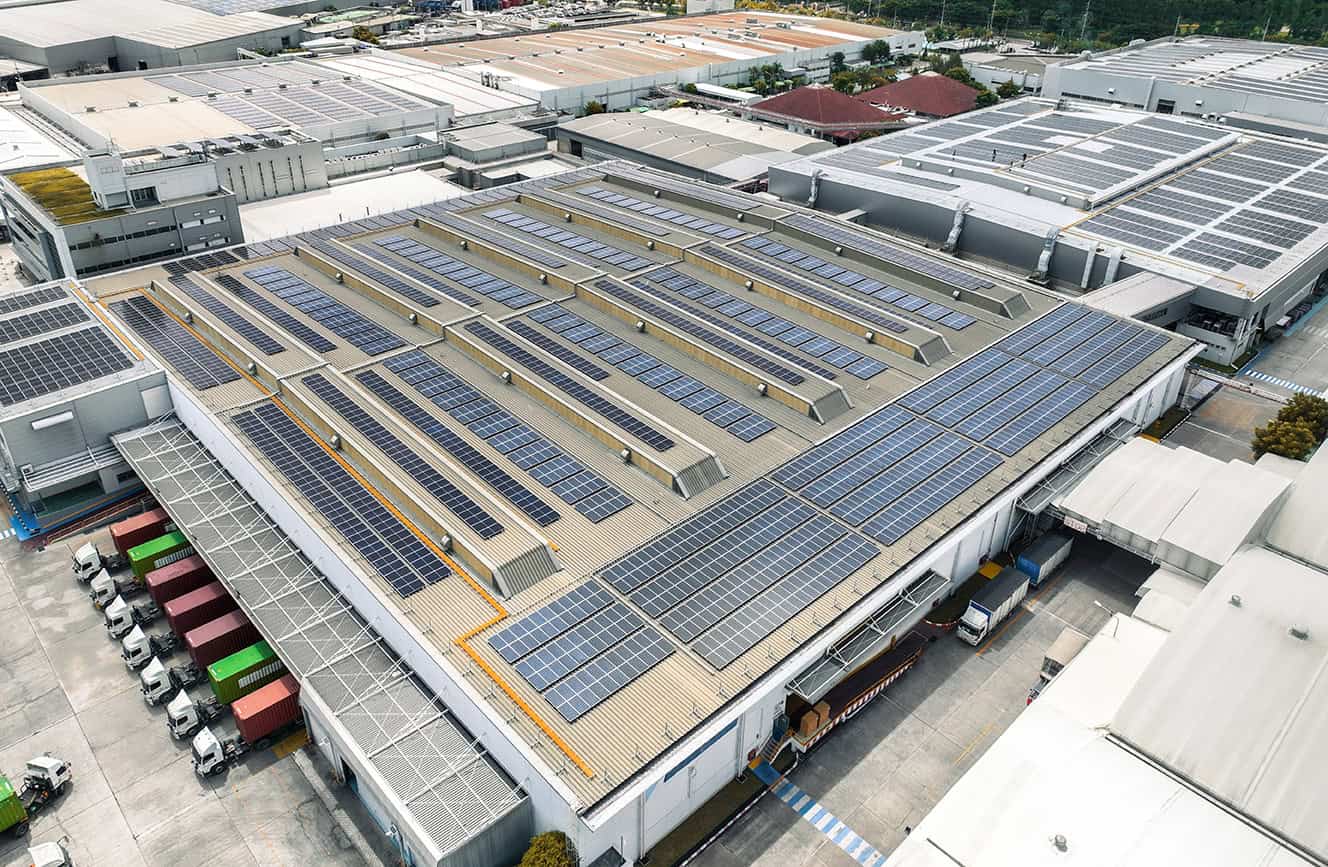
Recently, global retailer Walmart announced that a significant technology change would occur on March 1st, 2024, and its suppliers would need to act. Since 1992, Retail Link has been the portal through which Walmart gives its suppliers access to sales data, reports, and forecasts. But not anymore! If you are a sales or supply chain leader who makes decisions based on the data Walmart provides, Walmart Luminate will be your new technology solution.
What is Walmart Luminate? Introduced in June and fully launched in October 2022, Walmart Luminate is a new set of data products that provides Walmart suppliers with real-time data insights into their sales, inventory, and customer behavior. It also includes predictive analytics and collaborative tools, as well as a full set of APIs to facilitate data consumption within business processes.
While hardly any consumer goods company distributes exclusively through the retail giant, for many, Walmart sales can represent more than half of a brand’s or manufacturer’s business. When Retail Link goes away, you will lose visibility to these sales unless you switch to Walmart Luminate. If you are one of the companies that relies on Walmart for business, you should already be planning and budgeting for the switch because there could be integration costs in addition to the data subscription. If you inject Retail Link data directly into your business processes today, you must connect to Walmart Luminate as quickly as possible.
A glimmer of hope – Certified Walmart Luminate API connectors
In a blog post about retail data, I explained the requirements to get genuinely great retail insights (spoiler alert: it is more than Retail Link data). At the end of the blog, I announced e2open’s capabilities to bring Walmart Luminate data into your processes via APIs.
This September, after a thorough review and test process, Walmart certified e2open’s Walmart Luminate API connector. While this is a great achievement for e2open, why does it matter to you? Are certifications necessary? Are they important? Who cares about them and why?
Are certifications necessary?
While the certification is new, the connector has been available since 2022, and large customers are already using it live.
Capability-wise, the connector—which is provided via the retail adapter available with the e2open Demand Signal Management application—does not do more now than before it was certified. It still provides the same fast, secure, reliable connectivity to Walmart Luminate data. With a thorough understanding of its structure and meaning, e2open customers can confidently consume retail demand insights directly in their decision-making processes.
So, the answer to whether certifications are necessary is NO; they are not. However, that is not the end of the story. Let’s explore the next question!
Are certifications important?
A partnership is a statement of trust. A certification is a statement of confidence in a company’s expertise issued by someone with knowledge and authority.
Let’s take a closer look at what the Walmart Luminate API certification entails. Not everyone who has built some connectivity to the API gets certified. Walmart is selective about the process. Certification is granted by invitation and only following a certification exam, which tests several aspects: policy and data governance, API Onboarding, data feed APIs, and near-real-time APIs. The exam is performed as a series of rapid-fire questions and requires a passing score of at least 80%. Successful exam completion validates that the certified company understands the APIs, their uses, and how to interact with them correctly. Aside from the test, the company must submit further information and sign licensing documentation. Once all these activities are completed, the company becomes a Walmart Luminate Certified API Partner.
Would you trust your child’s health to a witch doctor or someone who has passed the medical exams and has been practicing for a long time? For me, the answer to the question “Are certifications important?” is they should be. An explanation based on trust, though, is an emotional response. Let’s try to inject some objectivity by addressing the next question.
Who should care about certifications and why?
I’ll address the first part of the question without beating around the bush: you, the company needing to connect to Luminate data, should care; us, e2open, and all other companies providing connectors should care; and finally, Walmart should care, too.
Let me explain why.
By certifying API connectivity providers, Walmart is protecting its reputation and the integrity of its systems and is watching out for you. Misunderstood and incorrectly extracted data can provide inaccurate demand information for suppliers. It can trickle down suppliers’ plans, product availability, and the ability to give consumers what they want. Failure in all these aspects damages Walmart and its suppliers and can create unnecessary tension between the retail giant and its partners. Incorrect use of the APIs can also pose security threats for all parties involved and put infrastructure systems at risk.
Getting it wrong on your demand plans can get very expensive very quickly. Indeed, having peace of mind that the Walmart Luminate data you will consume in your processes is correct and will not break your applications is a significant plus for your IT guys, your planners, and your management. Even if a non-certified connector is perfectly safe, certification has benefits. When choosing an IT solution that potentially touches mission-critical systems, you would typically undergo a due diligence process to validate its capabilities, security, and compliance. The certification provides that, so you don’t have to spend time and resources.
Due diligence checks cost both you and the company providing the connector. When offering connectors to a large customer base, as is generally the case, these costs multiply. By becoming a Walmart Luminate Certified Partner, we only have to do it once, saving effort for everybody.
No Budget? No Problem
Returning to the beginning this article, the fact remains that Retail Link will sunset in March of next year, and you only have six months to find a solution. Suppose you already use the e2open Demand Signal Management application to consume Retail Link data in your business processes. In that case, you can leverage the Retail Adaptor, turn on the tap, and let the certified Walmart Luminate API connector do the job.
If you do not use e2open Demand Signal Management yet, get in touch with us and ask about trial offers.
Walmart sunset its Retail Link portal, including Decision Support System (DSS) features, on March 1, 2024. Suppliers were required to transition to the newer platform now known as Scintilla (formerly Walmart Luminate).
Retail Link is no longer accessible. Suppliers that didn’t switch to Scintilla lost access to Walmart data.
Scintilla offers real-time data, predictive analytics, collaborative tools, and APIs. Compared to Retail Link’s DSS features, it delivers greater automation, deeper insights, and more flexible integration options.
No. The e2open connector has been available since 2022 and was already in production with large customers before receiving Walmart certification.
Certification validates e2open’s expertise in policy, governance, API onboarding, security, and data accuracy. It demonstrates a trusted and compliant solution that reduces the need for repeated due diligence.
Suppliers, e2open, and Walmart all benefit through increased trust, reduced risk, streamlined integration, and assurance of data integrity.
These companies simply activate the Retail Adapter and switch to the certified Scintilla API connector. This transition requires minimal workflow changes.




